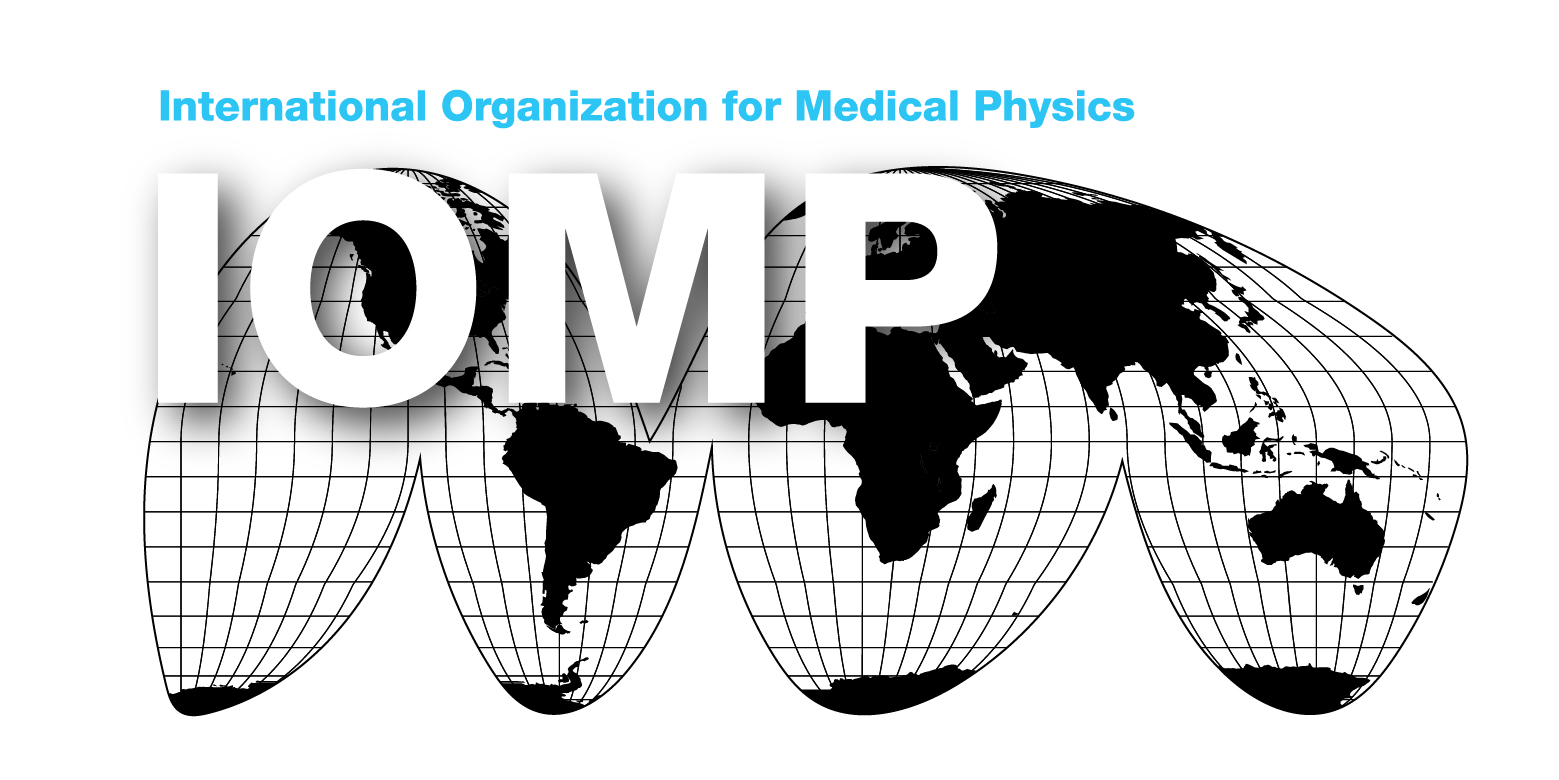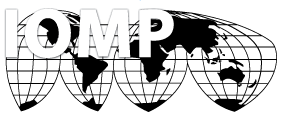IOMP Webinar: Computational challenges in patient dose
Tuesday, 10th May 2022 at 12 pm GMT; Duration 1 hour
NEW: CME/CPD credit point shall be awarded for participation in the webinar in full.
To check the corresponding time in your country please check this link:
https://greenwichmeantime.com/time-gadgets/time-zone-converter/
Organizers: Madan Rehani and Pedro Vaz
Moderator: Pedro Vaz, Portugal, Centro de Ciências e Tecnologias Nucleares of IST (University of Lisbon), Portugal.
Speakers: Choonsik Lee, PhD; NCI, NIH, USA & Manuel Bardiès, INSERM (National Institute of Health and Medical Research), France
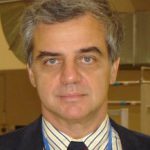 Pedro Vaz, Portugal, Centro de Ciências e Tecnologias Nucleares of IST (University of Lisbon), Portugal.
Pedro Vaz, Portugal, Centro de Ciências e Tecnologias Nucleares of IST (University of Lisbon), Portugal.
Pedro Vaz, Ph.D. in Physics, is Coordinator Researcher at Instituto Superior Técnico, University of Lisbon. His areas of research include Radiation Protection and Dosimetry. He was the President of the Center for Nuclear Sciences and Technologies of IST (2017-2020). He is/has been Portuguese Representative in several Committees of the European Union (Group of Experts in Radiological Protection of the EURATOM Treaty and Consultative Committee on Energy Fission of the European Union) and the OECD/NEA (namely the Committee on Radiological Protection and Public Health). He is the institutional representative in European Union research platforms such as MELODI and EURADOS. He served as the National Liaison Officer (NLO) of Portugal for the International Atomic Energy Agency (IAEA). Is member of the Editorial Board of the journal “European Journal of Radiology” and Associated Editor of the journal “Radiation Physics and Chemistry”. Pedro Vaz teaches Radiation Protection and Dosimetry topics in different Portuguese Universities.
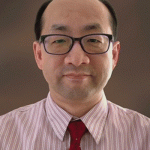 Choonsik Lee, PhD; NCI, NIH, USA
Choonsik Lee, PhD; NCI, NIH, USA
Topic: Current status and challenges in organ dose estimation for patients undergoing diagnostic radiology procedures
Dr. Lee is a senior investigator and Dosimetry Unit head at the United States National Cancer Institute. He has more than 20 years of expertise on computational and experimental radiation dosimetry for patients undergoing medical radiation procedures. His research team develops methods and tools to estimate radiation dose from medical exposures, including treatment and diagnostic tests, in order to generate reliable dosimetry data for use in epidemiological studies of ionizing radiation and cancer risk. Dr. Lee has involved in several task groups in the International Commission on Radiological Protection in the past years and was appointed to the ICRP Committee 2 (Doses from Radiation Exposure).
Abstract
Diagnostic medical radiation sources have substantial contributions to effective dose per capita worldwide. Although radiology procedures provide indisputable benefits to patients, there are still concerns about potential risks from radiation doses, especially in pediatric patients who are more sensitive to radiation than adults. The investigators at the United States National Cancer Institute are developing methods and tools including National Cancer Institute dosimetry system for Computed Tomography (NCICT), nuclear medicine (NCINM), and radiography and fluoroscopy (NCIRF) to estimate individualized organ doses. The tools have been actively used for epidemiological and clinical research. The major outcomes from the research and remaining challenges will be presented at this seminar.
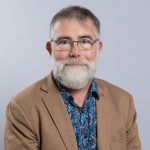 Manuel Bardiès, INSERM (National Institute of Health and Medical Research), France.
Manuel Bardiès, INSERM (National Institute of Health and Medical Research), France.
Topic: Clinical dosimetry in diagnostics and therapy: recent developments and new perspectives
Manuel Bardiès obtained his Doctorate from Toulouse University, France, in 1991. He developed his research in radiopharmaceutical dosimetry within INSERM (National Institute of Health and Medical Research) since 1992 in Nantes, then in Toulouse, and currently in Montpellier (2021-). He was member of the EANM Dosimetry Committee (2001-2013, chair 2009-2011). He chaired EFOMP Science Committee (2014-2016), and is currently chairing the EFOMP Special Interest Group for radionuclide internal dosimetry. He has been involved in education in various European structures (ESMIT, ESMPE). He’s members of the Board of the medical physics resident programme in France. The group led by Manuel Bardiès is primarily involved in radiopharmaceutical dosimetry, at various scales (cell, tissue, organ). This requires the ability to assess radiopharmaceutical pharmacokinetics, through quantitative imaging. An important part of the research activity involves Monte Carlo modelling of radiation transport. The objective is to improve molecular radiotherapy by allowing patient-specific treatments.
Abstract
Targeted and Selective internal radiotherapy have boosted the development of clinical internal dosimetry. The recent developments include a better appraisal of activity uptake in different compartments of the body, more accurate pharmacokinetics and absorbed dose determination. In addition, there is a growing awareness of the real challenges, both methodological and technological, raised by therapeutic nuclear medicine dosimetry. It is now clear that conventional clinical dosimetry workflows developed for reference dosimetry in diagnostics are not relevant in a context of therapy. More work is needed to better identify the relevant dosimetric indices that will contribute effectively to therapeutic optimisation. On the bright side, the increasing development and dissemination of clinical dosimetry, associated with the advent of commercial treatment planning software participates to both quantitative and qualitative improvements of our professional practice. Now come the time to develop quality assurance in clinical dosimetry.
